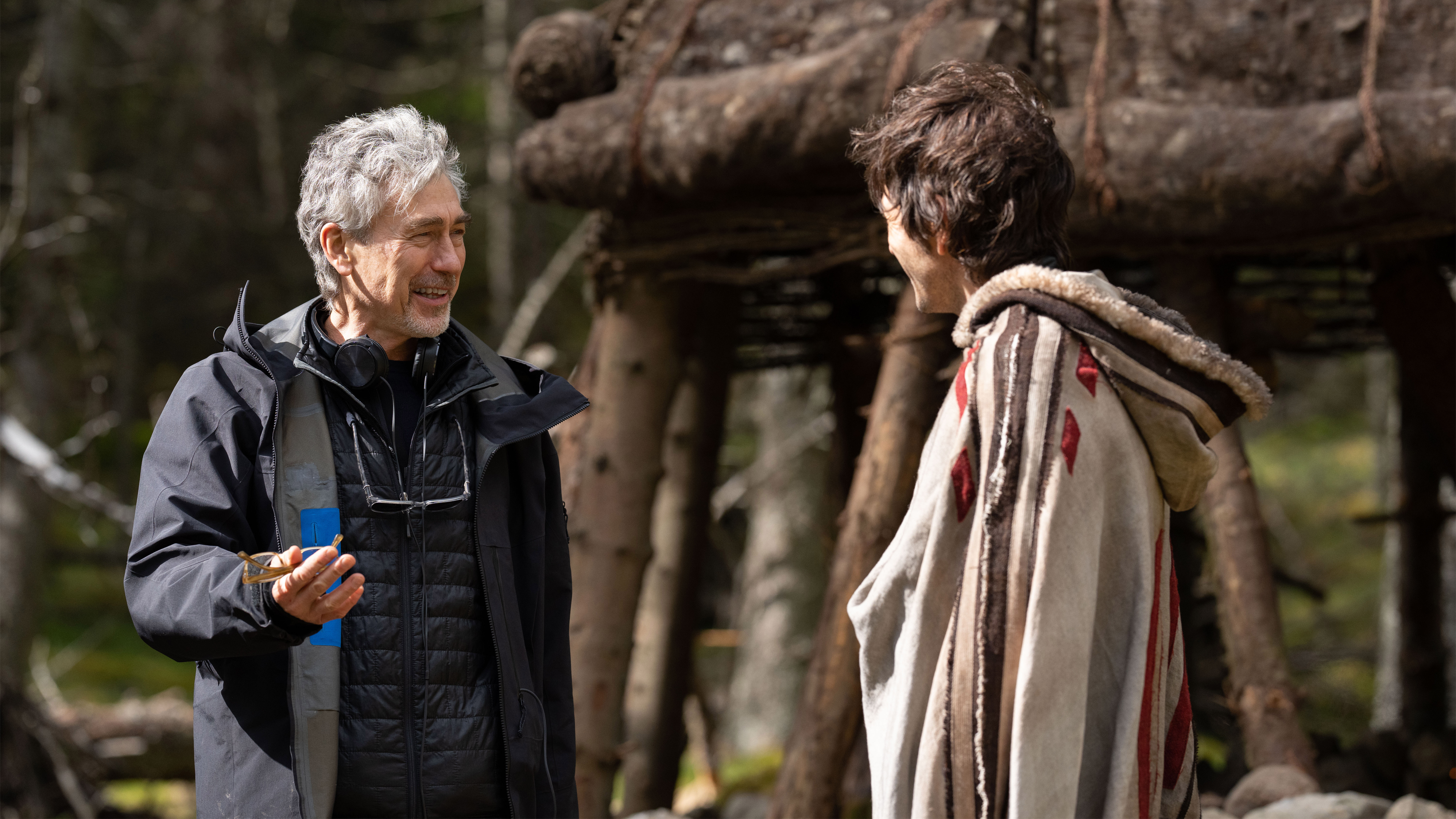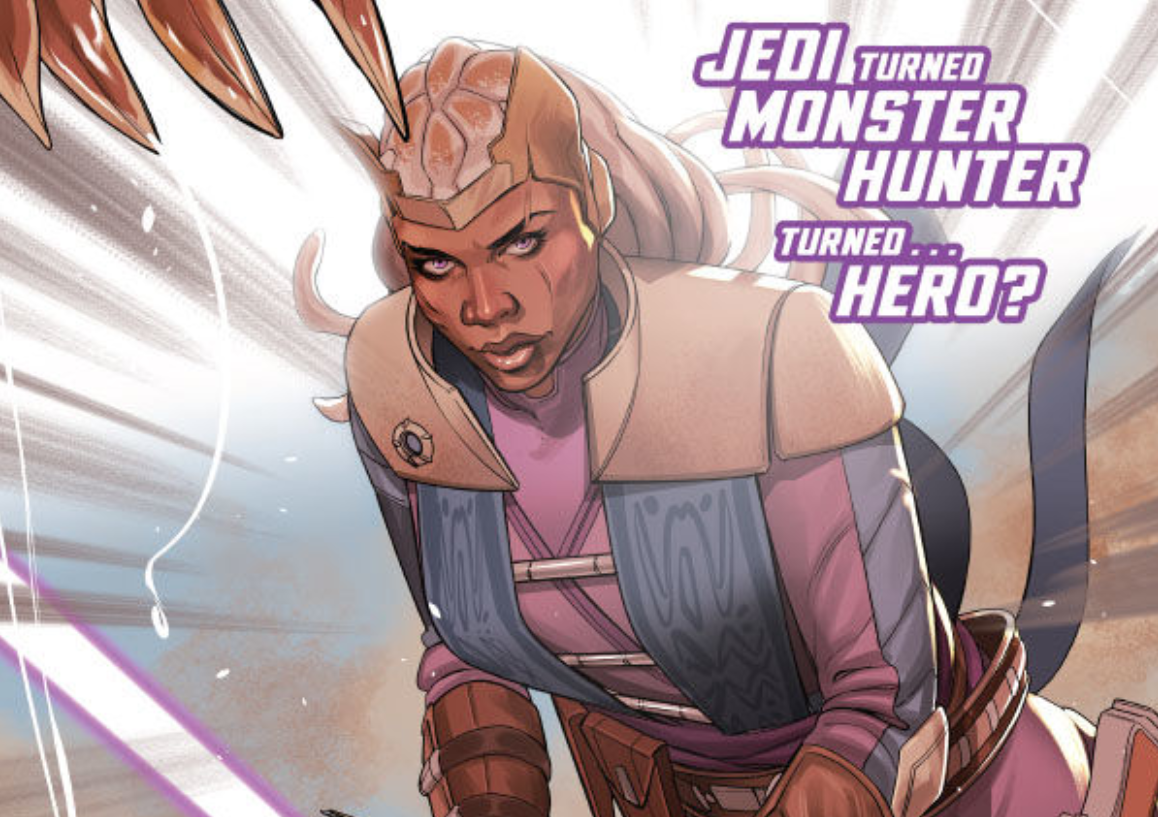‘Hereditary’ Review
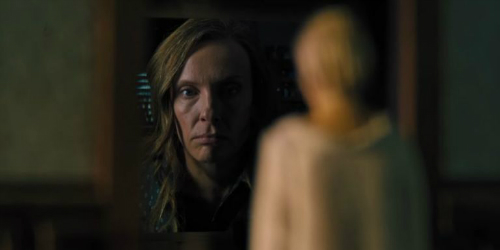
A24’s latest horror film has been earning plenty of buzz lately. Hereditary made a huge splash earlier in the year at the Sundance Film Festival, but it has since reached critical acclaim for its wide release. Many people are hailing Hereditary to be a modern-day classic, so does Ari Aster’s directorial debut hold up against so much praise?
To begin, I think most hardcore horror-film fans will be satisfied with Hereditary. It is a wholly original film that harkens back to classic horror movies of the 70s and 80s, and it never once relies on cheap scares to keep the audience engaged. It is a well-directed, well-crafted, well-made film that features some brilliant acting, but I just don’t think it’s a movie that everyone can get into.
When the matriarch of the Graham family passes away, Annie begins to unravel cryptic and terrifying secrets about her own ancestry. The more she discovers, the more she finds herself trying to outrun the sinister fate that her family seems to have inherited.
That is an incredibly vague synopsis so I’ll avoid going into spoilers, but suffice it to say that Hereditary takes plenty of unexpected twists and turns. As film fans, I’m sure plenty of critics appreciated how unpredictable Hereditary turned out to be. I, however, ended up getting lost in Hereditary’s storytelling (and I’ll explain why in just a bit).

For being his first full-length feature film, Ari Aster has proven himself to be a master class director that understands his craft. Every single frame in this movie is filled with meaning and purpose; nothing is done on accident. Aster shows that he has a fundamental understanding of these characters because the script allows you to comprehend every characters’ perspective. It’s hard to get an audience to empathize with every main character in a film, but Aster manages to pull it off effortlessly, and I believe that’s because his script feels so real. For the most part, Hereditary takes place in a grounded world that feels genuinely authentic, so the problems that the Graham family face are real-world problems that anyone can relate to. A grounded script with relatable characters that focuses on important and relevant issues just makes Aster’s direction all the more powerful.
And yet, even with all of Aster’s impressive work, Toni Collette is still the best aspect of Hereditary. Her performance is brilliant and it perfectly captures the wide range of emotions that any person would naturally go through while enduring such a devastating family tragedy. Collette can go from being quiet and subtle to wild and explosive in just one scene, yet it all feels organic due to the film’s subject matter. No one should ever have to endure what Annie Graham goes through, which only makes Collette’s performance of Annie’s struggle feel more powerful and significant than it already is.
The acting from everyone else in the cast is also strong. I was skeptical to see someone like Alex Wolff lead a horror film, but he proved my doubts wrong. In fact, I probably sympathized Wolff’s character the most. His performance was more reserved than Toni Collette, but that made sense given the relationship between their two characters. Wolff’s performance made Peter Graham feel like a real person undergoing some serious trauma, which made the mother-son relationship with Annie the most interesting dynamic throughout the entire movie.
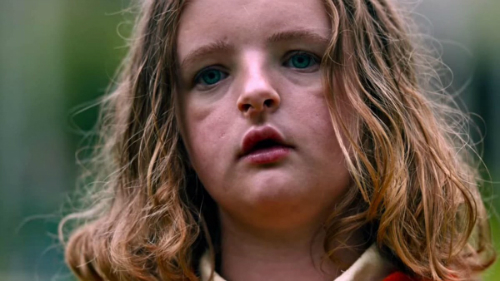
Gabriel Byrne and Ann Dowd deliver strong performances as well, but Milly Shapiro really has the standout performance here. For her first on screen appearance, she was spectacular. Shapiro doesn’t take up much of the film’s overall screen time, but her character is important to the overarching story. She gives quite a chilling performance as Annie’s daughter, Charlie, and her performance will definitely stick with you. Shapiro is great and I hope she gets the chance to showcase more of her talent in future projects.
Though our main characters were portrayed by solid actors, I’m not sure if I can say the same thing for background characters. I know it may be a nitpick to complain about people in the background, but whenever any of our main characters went out in public, I was instantly taken out of the movie. For how grounded everything else in Hereditary is, the background characters never felt real to me. Certain scenes felt unbelievably cartoonish, and the small details that would irritate me in these scenes just kept adding up. These minor characters may not have interfered with the film’s overall suspense, but they did exist as background noise that constantly kept bugging my overall enjoyment of the film.
Speaking of suspense, Hereditary is filled with plenty of suspenseful moments, but they’re not the type of thrilling moments that are usually found in typical horror films. I think this is because Hereditary plays out less like a full-fledged horror movie and more like a drama that slowly reveals some horror elements. This didn’t bother me since I enjoyed how the film allowed the psychological drama, tension, and real-world issues to be at the forefront, but horror fans looking for quick scares will probably be disappointed. I personally was never scared while watching Hereditary. The film may feature disturbing real-life scenarios that may be scary to think about, but that didn’t make the movie inherently scary for me. I guess how scary you find the Hereditary to be will depend on what personally scares you. For me, Hereditary is unnerving, unsettling, and uncomfortable, but never frightening.
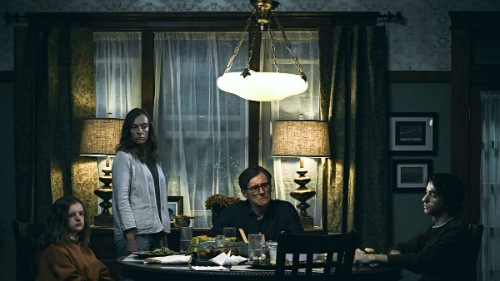
Which brings me back to where Hereditary started to lose me; the first half of the film focuses entirely on events that could easily happen in the real world, so I was disappointed to find out that the second half of the film goes into supernatural territory. I was on board with Hereditary just being a psychological drama centered around a family tragedy so the more fantastical elements introduced near the end just really took me out of the move. Maybe if the supernatural elements were introduced subtly throughout the first half, I would have been more accepting of them. I understand why some people may enjoy the turn into supernatural territory, but the reveal just didn’t work for me. I thought Hereditary was going to be a special film with something to say about mental heath, but it instead devolves into a movie about the occult. The mental illness issues are still present, but the impact of the message gets lessened for me due to the supernatural story being told.
In order to switch from being a family drama to a supernatural horror film, Hereditary has to deliver some heavy exposition. There are several scenes where information is just dumped in order to explain what is going on. But certain information is revealed so late in the narrative that you may have been lost already trying to understand exactly what is happening. Once the exposition is finally spoon-fed to you, you can then decide whether or not you’re back on board with the story. I, unfortunately, was not.
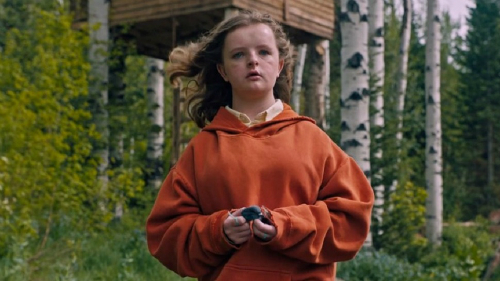
While watching Hereditary, I was reminded of horror films like The Shining and The Witch. Both films have a slower pace, both play out like dramas with mild horror elements sprinkled in, and both have supernatural elements that are never fully explained in-depth. Now, if you enjoyed either The Shining or The Witch, then Hereditary should be right up your alley. I, however, seem to be in the minority because I don’t care much for either of those films (and the same can be said for how I feel about Hereditary).
Yes, I enjoyed all of the hard work that went into the technical craft, but that wasn’t enough to keep me engaged in the narrative. I appreciate that Ari Aster told an original film with something important to say, but I still left feeling unsatisfied. I like how Hereditary avoided typical genre tropes in order to tell a story that was unique and unpredictable, but I’m not sure how I was supposed to feel about the story being told. I wasn’t scared; I wasn’t left uneasy; I wasn’t anything. I was just left feeling empty.





